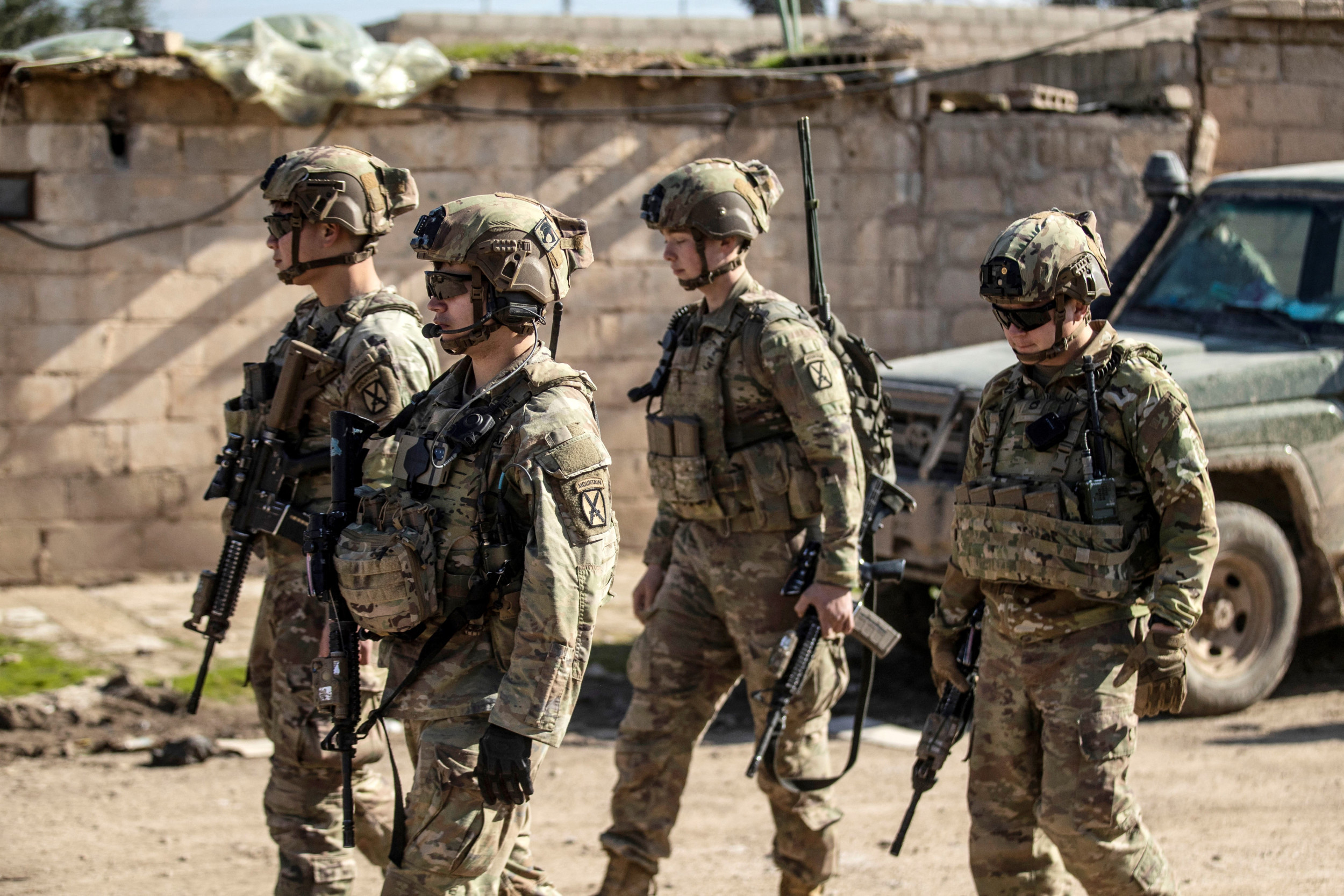Earlier this month, Biden administration officials announced that the U.S. military will make a series of “force posture” adjustments in the Middle East to increase support for Israel’s defense.
In layman’s terms? More U.S. forces are going to the Middle East.
These force posture adjustments are in response to heightened tension between Iran and Israel. Hamas leader Ismail Haniyeh was recently killed in Tehran by a suspected Israeli attack. In response, Iran vowed retaliation against Israel, which has caused concern in Washington.
In the context of this escalating situation, the U.S. military has made a series of force posture changes including deploying additional ballistic missile defense-capable cruisers and destroyers to the U.S. European Command and U.S. Central Command regions, along with the deployment of an additional fighter squadron to the Middle East to reinforce American “defensive air support capability.”
By increasing the U.S.’ physical presence in the region, some may argue that the U.S. will be able to deter Iran from attacking Israel. But it’s important to remember that deterrence is strongest when you are actually willing to respond if deterrence fails.
The issue is that moving U.S. forces into the region puts Americans at risk of being caught in the crossfire, which is already happening. On Aug. 5, an attack on the al-Asad air base in Iraq injured several U.S. personnel. And while no group has claimed responsibility for the attack, it is suspected that an Iranian-backed group was responsible.
Another important question is what legal authority does the president have to defend Israel from Iran? No matter how noble the cause, Congress has never voted to authorize force against Iran nor has it voted to defend Israel from its attackers.
While the Trump administration used the 2002 authorization for use of military force (AUMF) and the president’s Article II power under the U.S. Constitution to justify the killing of Iran’s Islamic Revolutionary Guard Corps leader Qassem Soleimani, neither outright authorized the use of force against Iran. The Biden administration has also repeatedly advocated to repeal the 2002 AUMF, arguing that the U.S. conducts no ongoing military activities that rely primarily on the authorization.
Some may play mental gymnastics to argue that the 2001 AUMF could justify force against Iran. However, this poorly drafted AUMF was designed to authorize force against the perpetrators of the 9/11 attacks, not a conflict two decades in the future that Congress couldn’t have possibly foreseen in 2001.
What about Article II? Some critics may say that the president already has legal authority under Article II of the U.S. Constitution to retaliate in self-defense if U.S. service members are injured or killed in an Iranian retaliatory attack. But this is fallacious thinking. Why were the U.S. forces in the region in the first place? It would only be self-defense because they were stationed in harm’s way.
DELIL SOULEIMAN/AFP via Getty Images
The wide sweeping legal landscape on the authorization of military force has almost completely removed Congress, and the average American, from the decision-making process, an idea that would make the Founding Fathers roll over in their graves. Presidents can cite domestic legal authority when it’s convenient, but they’re not beholden to Congress reauthorizing the use of force. The reality is that decades-old authorizations are still law, and those authorizations are so poorly drafted that they can and have been used in contexts in which they were not intended to be used.
Americans should be concerned because their elected officials—save for the president—are now effectively on the sidelines for the most important decision a congressperson should make—when to send our brave men and women to war. Instead, unelected lawyers, who can twist Congress’ words from two decades ago, are in control. We can all hope that the crisis in Israel will end soon and that the United States will avoid war—but it would be reassuring to restore guardrails on when and how our men and women are asked to fight a war.
Demri Scott Greggo is a contributing fellow at Defense Priorities.
The views expressed in this article are the writer’s own.
